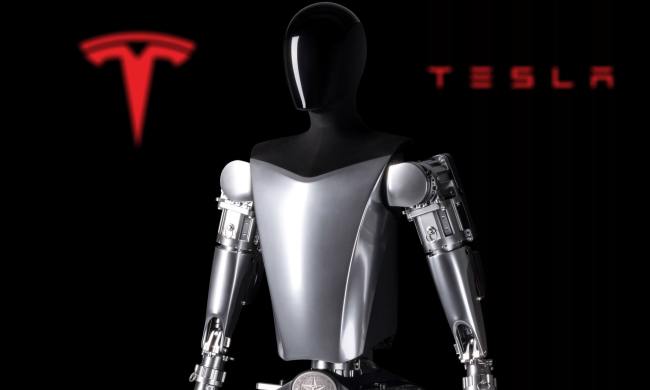The Hyundai Ioniq boasts hybrid, plug-in hybrid, and all-electric powertrains, but now Hyundai has a new flavor as well: autonomous.
Debuting at the 2016 Los Angeles Auto Show, the autonomous Hyundai Ioniq is just a prototype, but it shows that Hyundai is interested in developing self-driving cars. The Korean automaker’s sibling brand Kia has already announced plans for a fully autonomous car by 2030, and technology could presumably be shared with Hyundai.
Hyundai engineers managed to hide the Ioniq’s lidar units behind the front bumper, so it looks like any other car. Lidar is part of the holy trinity of sensors, along with radar and cameras, that most self-driving cars use to “see” the environment. It’s similar to radar, but uses light instead of radio waves. Lidar units are typically mounted on the roofs of cars, sometimes looking like small antlers.
In addition to trying to improve the style of self-driving cars, Hyundai also tried to make the control systems less complicated. To do that, it relied as much as possible on systems already available in production cars, such as adaptive cruise control, autonomous emergency braking, and lane keep assist. Hyundai also developed its own autonomous vehicle operating system, which it claims uses less computing power than other systems.
Along with the lidar unit hidden in the front bumper, the autonomous Ioniq’s suite of sensors includes three cameras, a forward-facing, long-range radar unit, and shorter-range radar to detect vehicles and pedestrians in the car’s blind spots. A GPS antenna allows the car to determine its location, and high-definition maps that show everything from road curvature to the width of lanes, help it figure out where to go.
Hyundai will have two autonomous Ioniqs on hand for demonstrations on the streets of Las Vegas at CES 2017 in January (it’s been granted a license by the Nevada DMV to test self-driving cars on public roads). The company says it is currently testing three autonomous Ioniqs and two autonomous Tucson Fuel Cell SUVs at its research and development center in Namyang, South Korea.


